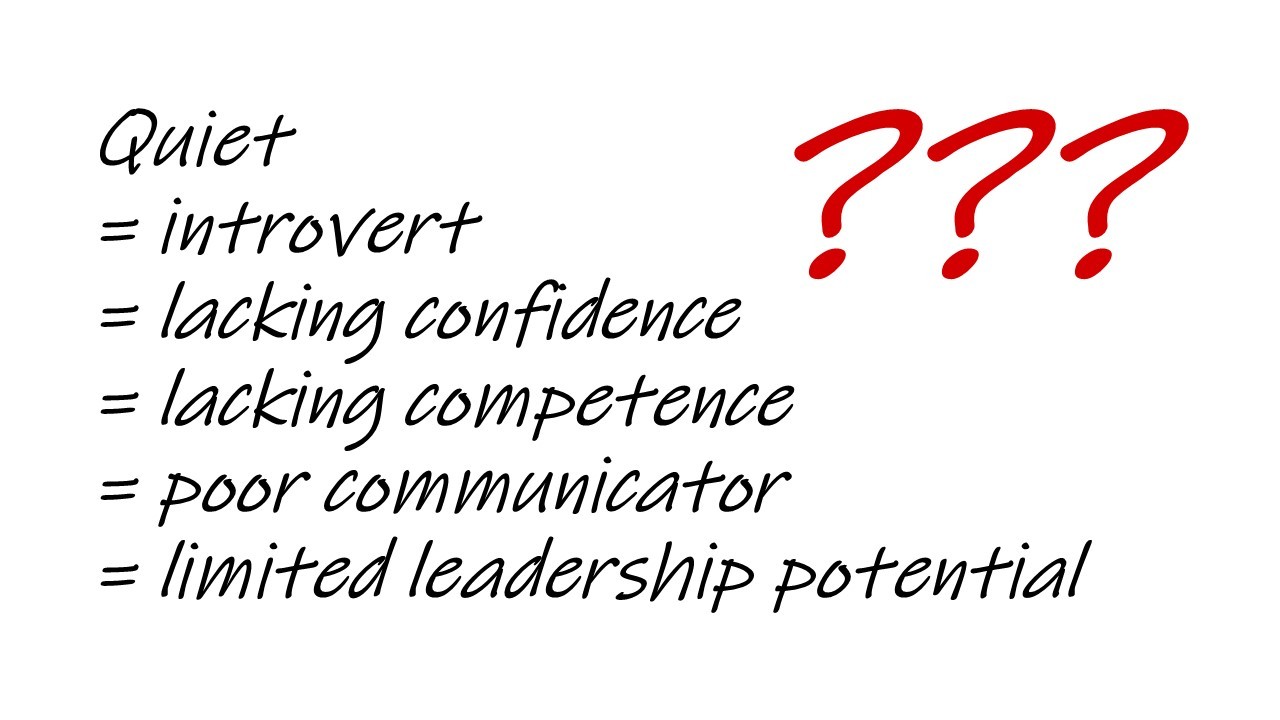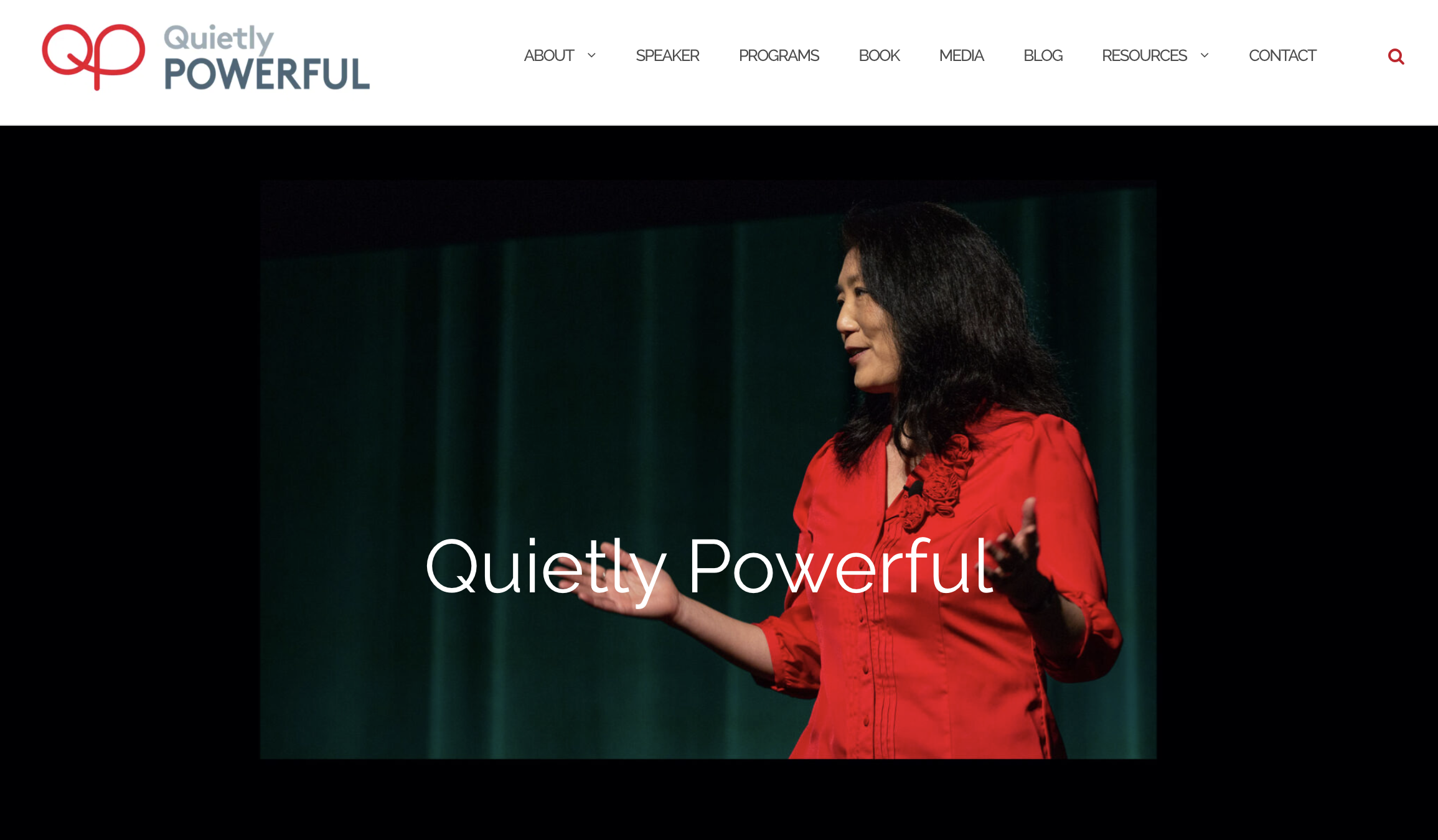My Blog
Bust these myths and pick the right talent for the job
- Details
- Posted: 30 September 2020

Hiring mistakes are costly, especially in leadership positions. It affects the performance and morale of the entire team and organisation, not just the individual role. If you want to get better at identifying, hiring and promoting talent, especially if you want true diversity in your teams, consider questioning the following myths:
Quiet = introvert = lacking confidence = lacking competence = poor communicator = limited leadership potential
Not everyone who comes across as quiet is an introvert. About a quarter of participants in the Quietly Powerful programs are extroverts or ambiverts. There are other reasons for being quiet – emotionality, upbringing, conditioning, being in the minority as well as the intentional use of silence. Introverts do not always lack confidence, competence, communication ability or leadership potential, either.
Not everyone who is quiet lacks confidence. Some have the confidence to hold silence and speak purposefully. Others don’t feel the need to ‘show’ they are confident. In addition, people whom we think are quiet are not always quiet. Watch them talk about what they are passionate about or engage with people they like.
Not everyone who may not appear confident lacks competence. Some studies show that there is only 9% overlap between confidence and competence, according to Dr Tomas Chamorro-Premuzic. If you consider the Dunning-Kruger effect (the tendency for the least competent to be more confident), hiring for appearing confident is risky business.
Some of the greatest speakers are naturally quiet, it’s just that you may not see their quiet side in public or on stage. In addition, they are often better at the critical, often overlooked, non-speaking part of communication: listening. Most people want leaders who listen, many of whom are naturally quiet. Sometimes, reluctant leaders may be your best leaders.
Quietly Powerful leaders exist and they debunk these myths. Consider the late Ruth Bader Ginsberg, who many described as a quiet, reserved person. I don’t think anyone would say that she lacked confidence, competence or ability to communicate and lead.
Quiet does not always equal Quietly Powerful, however. Some quiet people may just need encouragement and support to develop so they can harness their quiet superpowers.
In the even more uncertain, unpredictable world we live in now, these understated leaders who take a calm, measured, inclusive leadership approach are needed more than ever.
Hiring managers need greater awareness and skills to see past the first impression and style and question their assumptions. According to Diana Hewitson, recruitment and D&I specialist, training the hiring managers and putting in place some process checkpoints had one of the greatest impacts on improving diversity. I suspect this will improve hiring quality in addition to diversity.
How are you challenging these kinds of myths? How are you developing Quietly Powerful leaders?
...
Find out more about these leaders in the book, Quietly Powerful: How your quiet nature is your hidden leadership strength and #QPLinterviews in the Quietly Powerful LinkedIn group site.
Related articles:
7 reasons why we need more Quietly Powerful Leaders now, more than ever
The definition of what good leadership looks like needs an update


